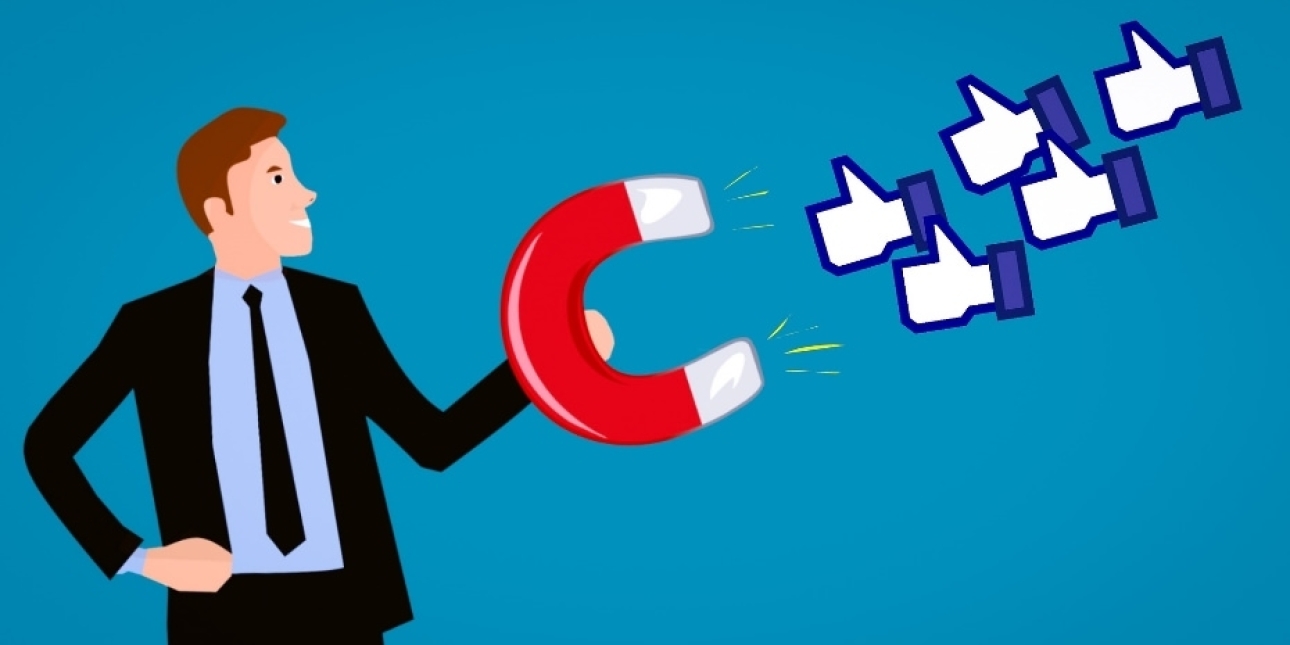PUBLIC RELATIONS
Tuesday 21st August 2018
What's in a 'like' - How does the regular stream of notifications affect us?
This article in Wired Magazine (If a Group Text Gets Read and No One Reacts, Did it Happen?, 13.08.18) got me thinking; what does a ‘like’ in social media mean, and how does the regular stream of notifications affect us?
In PR, we might say that a like means that our content has been engaged with. Our audience has responded to it. A like has increased our social reach and spread our message further afield. We might assume a level of endorsement.
But, is that how the user sees it? I use likes to:
- Show that I like or agree with something
- Show the sender that I have seen their message
- Say thanks for sharing one of my posts or mentioning me
- Bookmark an interesting post or piece of content for later
Each of these actions notifies the sender and they have to assume meaning from it. The reason the audience liked it could be based on any of the above, or perhaps something else not listed.
Notifications – a curse?
In the Wired piece journalist Angela Watercutter describes how notifications are difficult to ignore:
“To reject them, to not interact, feels rude. Dismissive. Liking things, boosting them, is now part of the social contract. And fear of breaking that pact has now become a burden.”
You can see why people might want to ignore notifications. Research into social media and its impact on psychology shows that it can affect self-esteem, cause depression, or create jealousy and anger, as posts from other people make you feel like you are missing out. Problems can be caused if nobody responds, leading people to feel ignored or isolated.
Notifications are also distracting. One study showed that the average brit checks their phone 28 times a day. This constant level of interruption can lead to memory issues, anxiety, poorer decision making and sleep disruption.
So why do it?
Watercutter argues that she is not advocating that people stop reacting to social media notifications, just that they should mean something. The action of doing it should have a purpose. It is something I agree with; otherwise, it all seems a little pointless.
The thing to remember is that it is social media. Responding and acknowledging notifications is part of the process. It is something that we implicitly agree to when we join a social network.
The benefits of connecting with friends, peers and colleagues, following events in real-time and discovering the latest news and trends, are hard to ignore.
If notifications are too much, they can be turned off. New tools within Facebook and Instagram tell you how long you are spending on these platforms. Apps are available that lock you out of your phone for set periods of time to stop you checking your updates.
Like many things, moderation is key.
Let me know in the comments what likes mean to you – I’d be interested to find out.
Daniel Gerrella is Head of Communications Asia Pacific at Broadway Malyan.
Image courtesy of mohamed_hassan via Pixabay
Read Original Post
